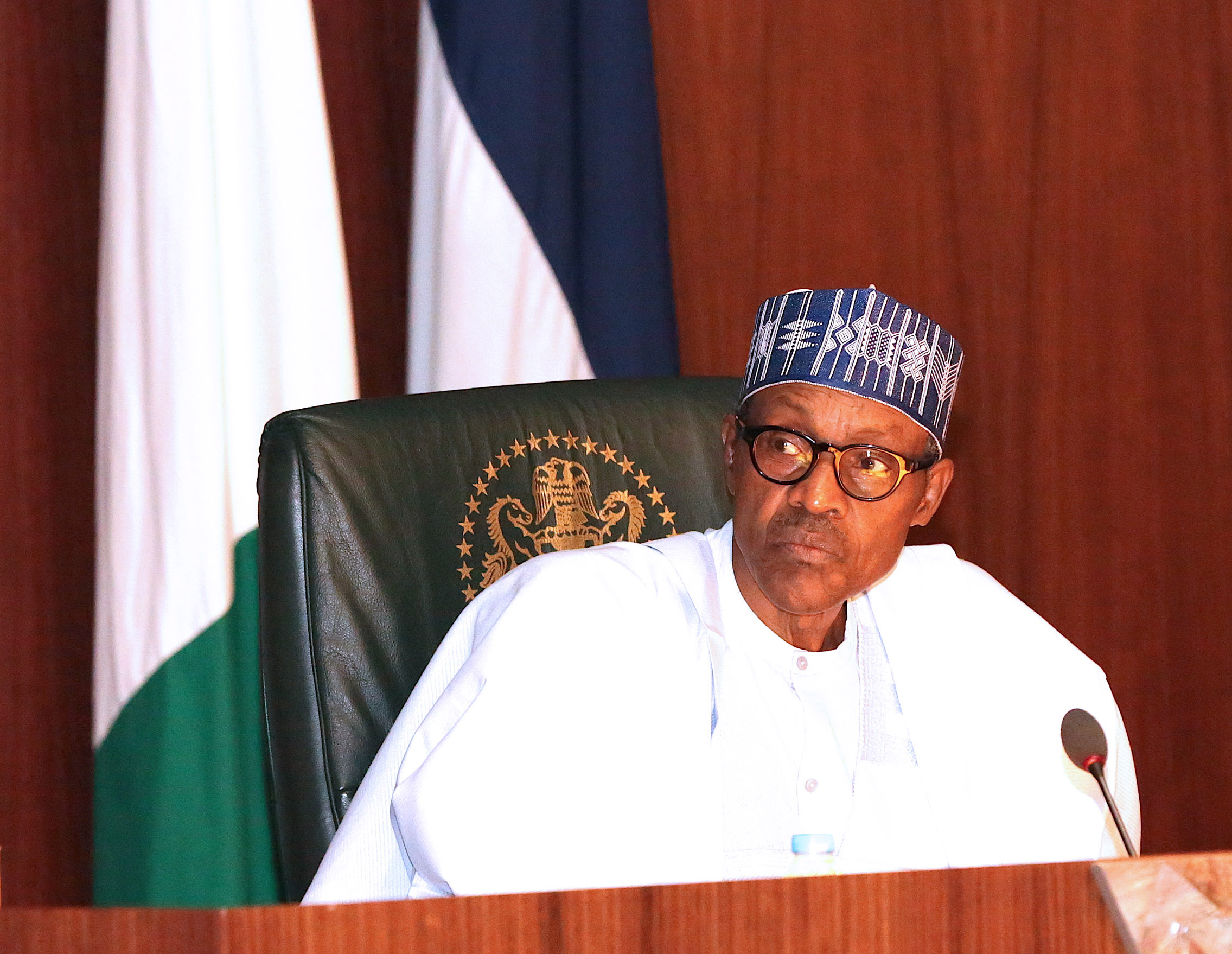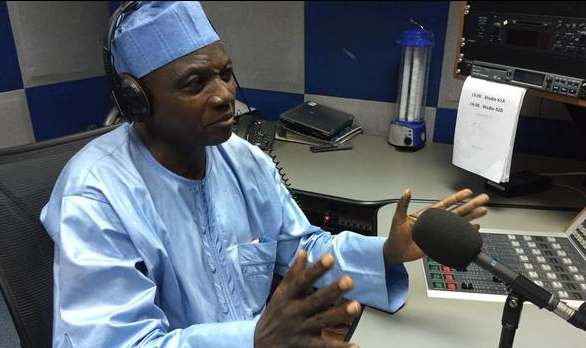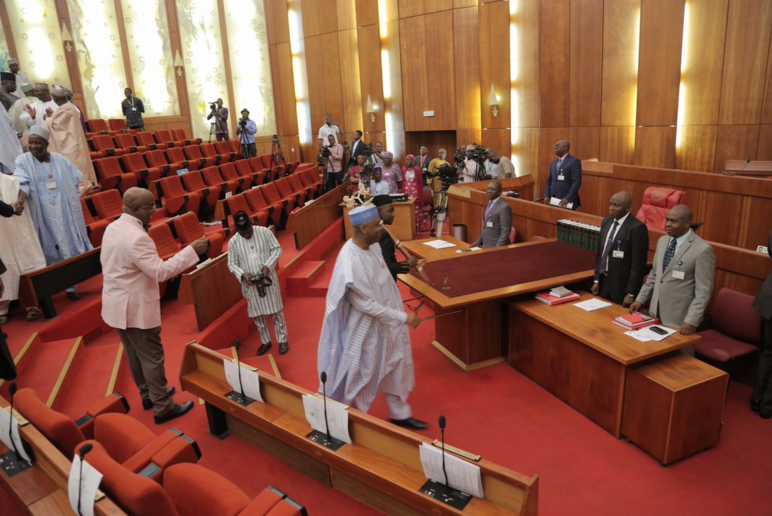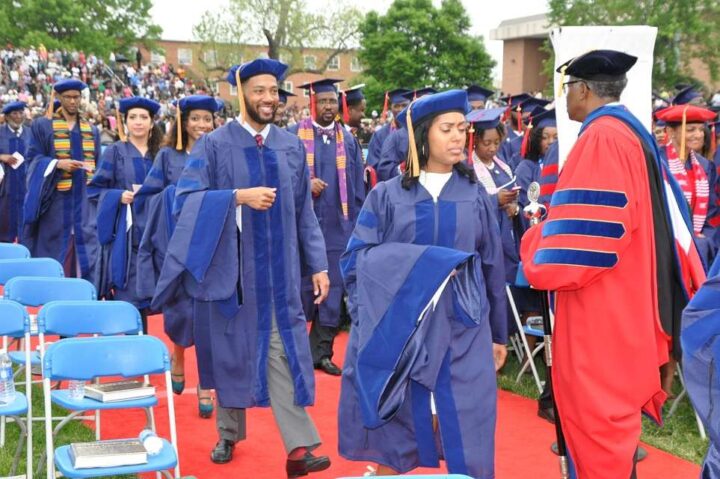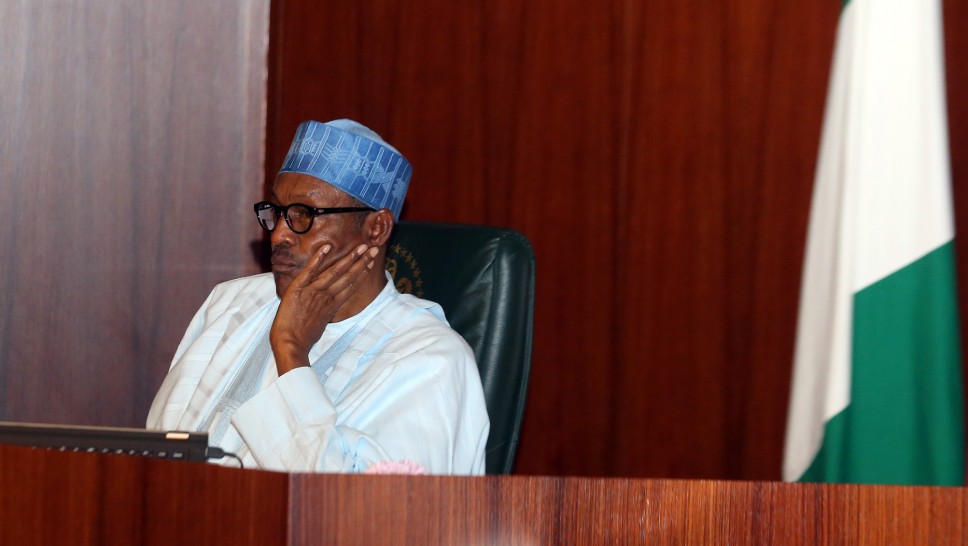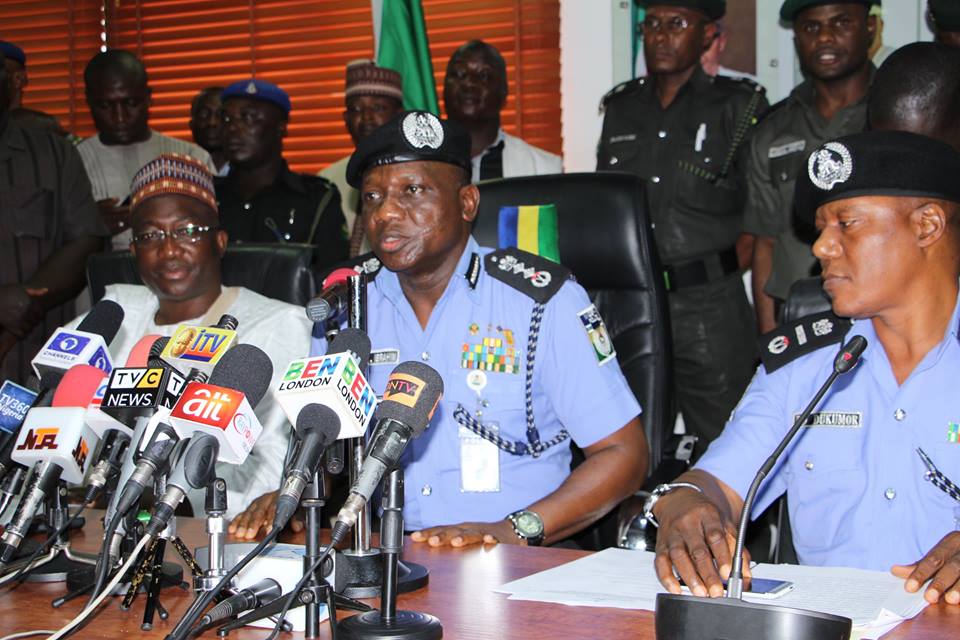BY ADEKUNLE ADEBAJO
George Orwell never stepped foot on the shores of Nigeria. Yet, his classic novel published a decade and a half before Nigeria’s independence seems to have as much to do with this nation as it does with the late communist actors.
Animal farm narrates to us the story of Napoleon who rides to power on the backs on nine young but enormous dogs, who blames Snowball, his counterpart, for any slice of misfortune and who does not hesitate to literally walk in the footsteps and style of the human oppressors who once lorded over them.
By the same token, Muhammadu Buhari pulled himself to power by the bootstraps of the country’s young population. He and his workers have not relented in tracing every ill of the nation back to his predecessor. Worst of all, he seems also to have fallen under the spell of the Aso Villa’s witches of folly and luxury. As bad as all these sound though, many a Nigerian does not bother as long as the nation is rescued from the proboscis of corruption. The million-dollar question however is: how well as he fared even in this regard?
Advertisement
The current administration, if we must be honest, has been gyrating back and forth like a roller coaster. And President Buhari’s steps, as my mother would have put it, is like that of the Ijebu dance – ajo siwaju, ajo seyin (swaying repeatedly like a pendulum). On the one hand, we see a Buhari who is keeping true to his vow of fighting corruption. As a matter of fact, this is the hand fan with which Nigerians cool off at a period of economic downturn.
Whenever we have to buy a sachet of water for 10 Naira, we remind ourselves that the president is fighting corruption. Whenever we hear of the havocs caused by our vengeful brothers in the East and the imperious nomads from the North, we remind of ourselves that the president is fighting corruption. Whenever we have to trek long distances because new transport rates are beyond our reach, we think about the new sheriff and his anti-corruption crusade.
Since his ascension to the seat of power, quite a number of the President’s actions point in the direction of a genuine fight against corruption. One is the implementation of the Treasury Single Account policy in order to monitor the flow of funds and block leakages in government circles. Even before he was sworn in, he was reported to have read the ‘riot act’ to his family members, promising no protection should they violate the laws of the land. Also, just this month, he admonished the Economic and Financial Crimes Commission (EFCC) to probe his family members if they are found to be corrupt.
Advertisement
To the delight of all, the Minister of Information and Culture, Alhaji Lai Mohammed, announced that cash recoveries made between May 29, 2015 and May 25, 2016 totalled over 3.4 trillion Naira. And then, the inauguration of the Presidential Advisory Committee on Corruption as well as the National Prosecution Coordination Committee put to rest any strand of doubt as to the primary objective of this administration.
However, as the saying goes, it is the same full moon of today that wanes tomorrow. While President Buhari was able to win the election due to his toga of integrity, his popularity has continued to wane as a result of this same toga’s accumulation of dirt. Though Professor Itse-Sagay asserted that his anti-corruption committee would also go after APC members, it is as clear as day that that has not been the case.
As Femi Aribisala rightly pointed out, if the EFCC can probe Sule Lamido who was governor of Jigawa state for eight years, why has the same not been done to Rotimi Amaechi and Rabiu Kwankwaso who were also governors under PDP before they cleverly jumped the fence over to the immune premises of the APC? Similarly, the president’s silence has been deafening over allegations of impropriety slammed on such individuals as Lawal Babachir, Secretary to the Government of the Federation, Abba Kyari, Chief of Staff to the President and Yakubu Dogara, Speaker of the Green Chambers.
I cannot help but recall my high school days as a Class Captain. One of my duties was to record the names of students who made noise in order to promote decorum. But the day I enlisted Ohacho Cystus in this infamous roll, the entire class surprisingly took exception for Cystus was my best friend. And so, I understand it may be difficult to swing the sword of justice regardless of whose nose is bruised. Nonetheless, that is exactly why Nigerians voted for the General. Of all people, President Buhari should understand that the other room becomes deserted or is left to fallow once a married couple are having a quarrel. It is thus baffling to find him freely hobnobbing with persons with stained moral fibres and questionable characters.
Advertisement
I urge the President to borrow leaflets from the legacy of Lee Kuan Yew and his ‘whiter than white’ approach to anti-graft war. I urge to him to take a cue from Dr John Magufuli of Tanzania and from his aversion to extravagance. Let him please read and learn from the tales of Julius Caesar who divorced Pompeia, his wife, for she ‘ought not even to be under suspicion.’ If he refuses to do this, he certainly will soon realise that the power of the people far exceeds that of the people in power.
The underlying philosophy which guided the revolution of animals in George Orwell’s classic is that all animals are equal. But as time passed, this seventh commandment beautifully inscribed on the farm wall soon bowed to corruption. It welcomed the additive, ‘but some animals are more equal than others.’ President Buhari once told us that he belongs to everybody and he belongs to nobody. Hopefully, this will also not welcome the afterthought – but I belong to some nobodies more than others – if it already has not.
This piece earned Adebajo, a 400L Law student at the University of Ibadan, the first prize in the 2016 edition of the annual ‘Fisayo Soyombo inter-university essay contest
Advertisement
